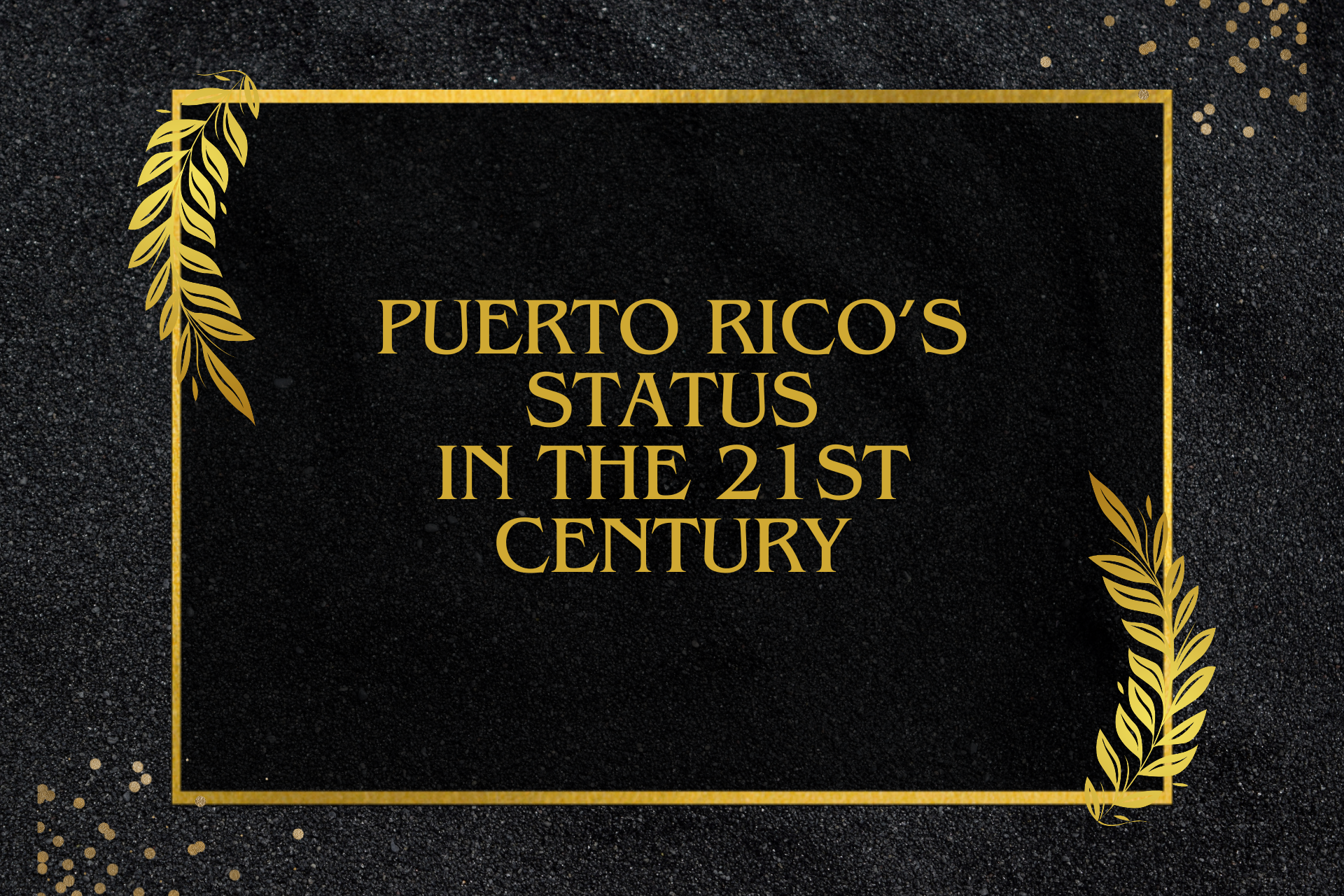A number of people in favor of Puerto Rican independence spoke at a public hearing on the Puerto Rico Status Act on the need for clarity and further elaboration of the definition of statehood included in the proposal.
There are currently 50 states, providing precedent on the rights of U.S. citizens living in a state.
In addition, the U.S. Constitution is clear that new states will be admitted on an equal footing with existing states. Congress may not impose conditions for admission. Every new state is entitled to exercise all the powers of government which belong to the original states of the Union
The 10th amendment to the Constitution provides that states have control over all matters that are not included in the Constitution.
Public questions
Despite the Constitutional authority and related precedent found in the 50 states, independence proponents have requested further clarification on several specific points:
Economic consequences/Taxes
The history of the territories which have already become states makes it clear that the primary economic consequence of statehood is increased prosperity. People asking this question, however, seem to have in mind the changes in taxation that will follow statehood for Puerto Rico.
First, the passage of the Puerto Rico Status Act will mean the end of the territory of Puerto Rico. U.S. citizens, wherever they live, must file income tax returns and pay income tax — except for Puerto Rico residents whose income is entirely from the territory of Puerto Rico.
This means that under all three options provided on the proposed ballot – independence, sovereign free association, or statehood – U.S. citizens in Puerto Rico will be required to file federal income tax returns.
As a practical matter, nearly half of all U.S. citizens living in states earn too little to pay any income tax. Many receive refunds through EITC or the Child Tax Credit, even if they do not pay any income tax. With an average yearly income of $20,474, compared with the mean income of $65,712 in the states, the vast majority of residents in a new State of Puerto Rico will generally not have to pay any federal income taxes.
Language
The Constitution says nothing at all about language. Therefore language is covered under the 10th amendment. Some states have official languages, and others do not. Puerto Rico currently has two official languages: English and Spanish.
Both Hawaii and Alaska have more than one official language. The United States as a nation does not have an official language, and a significant portion of the U.S. population is bilingual.
No citizens of any state have ever been mandated to speak any particular language.
The Puerto Rico Status Act does not include any requirements of this kind.
Participation in Olympic sporting events
What will happen to Puerto Rico’s National Olympic Committee? The U.S. Constitution does not mention the Olympics. The International Olympics Committee makes these decisions. Congress does not.
The United States could object to Puerto Rico’s Olympics team and ask the International Committee to bar them. The U.S. could do that at any time.
Regardless, athletes from Puerto Rico are eligible to participate in the Olympics on teams representing the United States and frequently do. This eligibility would continue under statehood.
Under either of the sovereignty options – independence or sovereign free association – Puerto Rican athletes presumably would presumably retain the right to participate on a Puerto Rican team but they would no longer have access to join U.S. teams.
The definition of statehood
With 50 existing states as examples, the only uncertainty about what it means to be a state of the Union concerns how long it would take to achieve the “equal footing” with other states provided for the in the U.S. Constitution.
The ultimate goal is clear.
The 50 states have important individual differences in their geography, their customs, their history, and their laws. All fall under the U.S. Constitution, which protects the rights of all U.S. citizens in every state.


